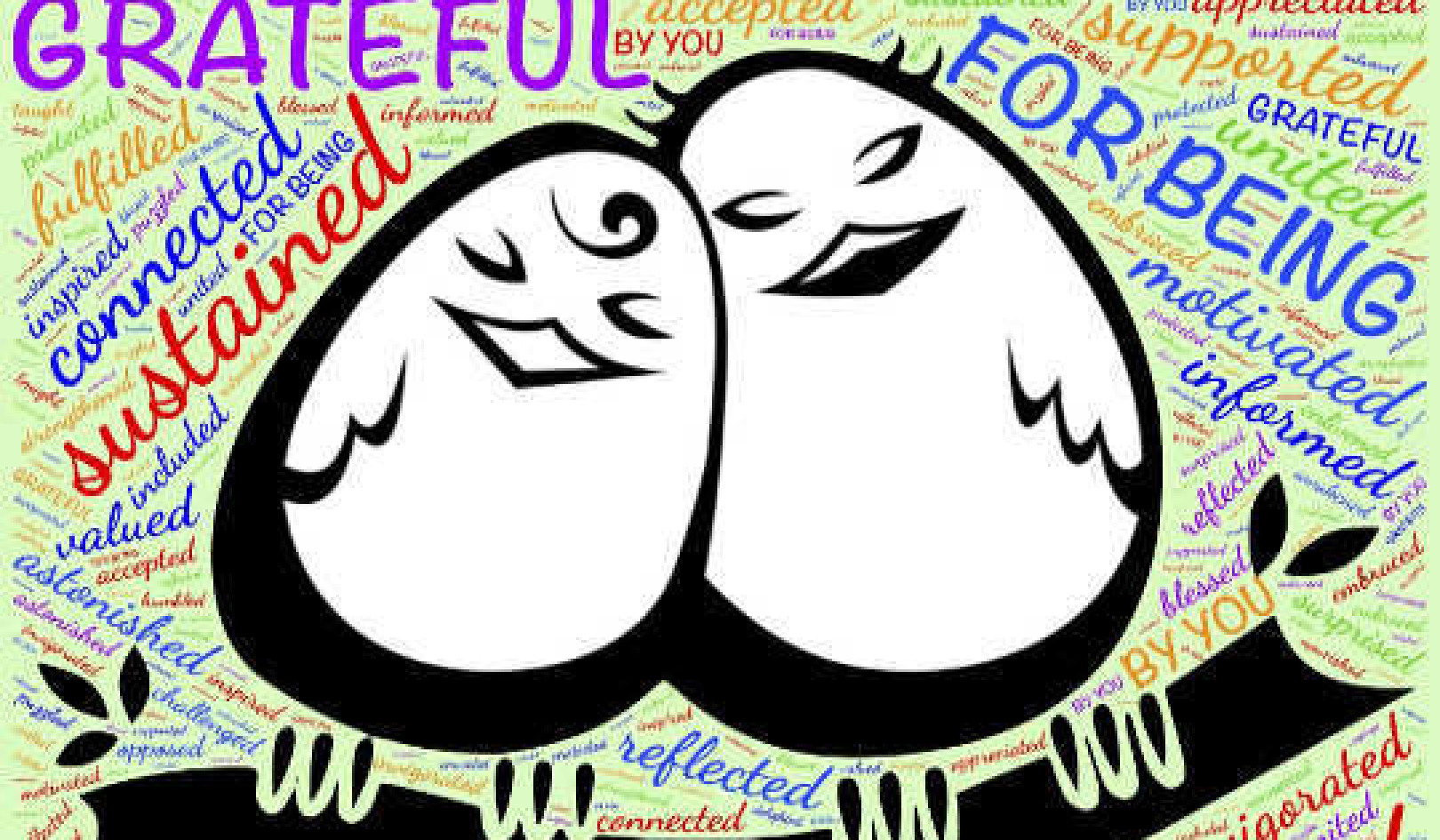
Innocence is what we find within ourselves when we stop being suspicious and fearful. When we let go of our socially conditioned caution we discover we have a core of innocence and playfulness. Innocence is demanding because it asks that we stop doing things the way we so often feel expected to.
Innocence is a state of self-love and self-acceptance that has almost nothing to do with the restlessness of the fearful part of the ego. Children like to play at whatever it is they play, not caring particularly if they are any good at the game. Often they laugh at their own ineptitude. What matters is if the game is fun, not whether it is one of high achievement. In our achievement-based culture, where even small children are now placed in highly competitive programs, we tend to lose sight of this.
A colleague told me about a trip to Europe with her family. At the end of the trip she asked her children what they’d liked best about it, thinking that they might say they liked Windsor castle or the Eiffel Tower best. The youngest child, aged ten, answered right away, “The time we all sat on the bed and played cards!” The spirit of innocence treasured the warmth of the relationships far more than the exotic trip.
If we are to understand what innocence is, we need to know how projection can undermine our ability to be in that space of innocence, and we’re going to have to be aware that projection is what the needy part of the self does to us.
Five Types of Projection That Can Rob Us of Our Innocence
The first type of projection is where we project values onto someone else. So, when we fall in love, we may project onto that person attributes that he or she doesn’t actually have or doesn’t have as abundantly as we think. “Bill is the wisest, funniest man!” “She’s the perfect woman!”
Sometimes it takes quite a while before we can look past the projections and see the person. When that happens it may be a disappointment, or if we’re lucky and if we haven’t projected too much on the other person, it may allow us to realize that we love the person anyway, faults and all.
The second type of projection is negative. In this we tend to assume something negative that is probably not true. So we may think that because a person speaks poorly or looks ragged, he is unintelligent or dishonest.
The message is everywhere the same; we can project our expectations onto those who are beautiful or we can project them onto those who are ugly, but ultimately we have to see who the whole person is — and then that person becomes beautiful and loveable. Only then can love happen. So for all of us, this is an important aspect of the self we need to deal with. It marks the difference between a life of misery and one in which growth and real development become possible.
Projection is a Major Lesson for All of Us
 A third type of projection occurs when we accept the projections others place on us. They see us and sometimes want us to be a certain type of person, one who suits their needs. Often we give in to this and become that person... someone who stops being real in order to become what is expected.
A third type of projection occurs when we accept the projections others place on us. They see us and sometimes want us to be a certain type of person, one who suits their needs. Often we give in to this and become that person... someone who stops being real in order to become what is expected.
This form of projection can be complicated, since we tend to do it to ourselves. We tend to become what we think we’re supposed to become.
Nothing should be allowed to get in the way of the directness of innocence and honesty, of saying things as they are. Translated into real life, there are times when we need to call a spade a spade and when failing to do so is a moral lapse. We all know about this because in every family there are similar unspoken facts that need to be spelled out. Sometimes the conspiracy of politeness and propriety covers over abuse of the most damaging kind. Sometimes the pressure to be what everyone wants us to be means we cover up terrible dysfunction in a family.
The Desire to Conform is a Recipe for Misery
This desire to conform has a different negative aspect, also, which is the fourth form of projection. In this situation we accept someone else’s negative valuation of who we are. This leads us to self-doubt, second guessing our perceptions, and accepting the negativity of others. It’s a recipe for misery, and it makes it impossible to act from one’s authentic innocent self.
The fifth way projection is when we take qualities in ourselves that we don’t like and criticize them in others. We call someone messy or dishonest, and we become upset about those perceived shortcomings while remaining well aware that we are not always tidy or honest. Surprisingly often what we dislike in others is what we dislike in ourselves but can’t admit to. So we become enraged when we see it in others.
We project our feelings onto others in order to feel better about ourselves, and that stops us seeing who they are or who we are.
In this way our minds are overlaid with information that gets in the way of our true innocence. This limits us and takes us away from our authentic selves.
Being Innocent Means Living Your Truth in a Loving Way
Being innocent means speaking your truth and living your truth, and doing so in a loving way. It means letting go of illusion. It is a new kind of freedom, one that so many people don’t know.
Innocence lets us live from the heart. It allows us to see clearly. It permits us to live in the now. It makes it possible to listen to our souls.
©2013 Allan G. Hunter. All Rights Reserved.
Reprinted with permission of the publisher,
Findhorn Press. www.findhornpress.com
Article Source
Gratitude and Beyond: Five Insights for a Fulfilled Life
by Allan G. Hunter.
 Using near-death experiences as a springboard into an in-depth discussion of five key areas of awareness, this guide explains how to recognize and demystify these seemingly inexplicable events. Readers are shown how to cultivate five key concepts: gratitude, humility, beauty, innocence, and a sense of place in the world. Brief but eloquent, it addresses a popular and important topic without overly-sentimental or religious overtones.
Using near-death experiences as a springboard into an in-depth discussion of five key areas of awareness, this guide explains how to recognize and demystify these seemingly inexplicable events. Readers are shown how to cultivate five key concepts: gratitude, humility, beauty, innocence, and a sense of place in the world. Brief but eloquent, it addresses a popular and important topic without overly-sentimental or religious overtones.
For more info and /or to order this book on Amazon
About the Author

Allan G. Hunter was born in England in 1955 and completed all his degrees at Oxford University, emerging with a doctorate in English Literature in 1983. For the past twenty years he has been a professor of literature at Curry College in Massachusetts, and a therapist. Four years ago he began teaching with the Blue Hills Writing Institute. As in all his books, his emphasis is on the healing nature of the stories we weave for ourselves if we choose to connect to the archetypal tales of our culture. For more, see http://allanhunter.net.



























